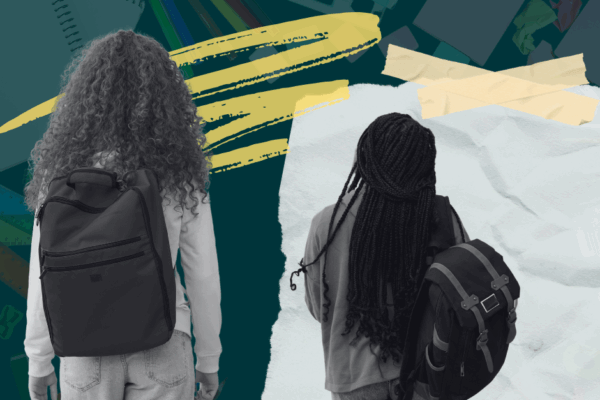By: Kim Whittle, EEA Coordinator
Despite being a widespread and growing epidemic, the implications of child homelessness on education equity across our state remain largely undiscussed. During the 2022-23 school year, 4,416 students in Delaware experienced homelessness — nearly 1000 more students than the previous school year.
Students experiencing homelessness often face numerous barriers to education like frequent absences, lack of basic supplies or access to wifi, inconsistent transportation, and higher levels of stress, anxiety, and other mental and physical health issues. These challenges not only impact a child's academic performance and ability to thrive both inside and outside of classroom walls, but can also prevent them from being able to stay in school altogether.
Many students experiencing homlessness reside in “doubled up” living arrangements, situations in which families share housing due to job loss, inability to secure stable housing, or other other hardships. These are the most common home experiences students who are homeless encounter. Children in “doubled up” arrangements may live with an aunt one week, a family friend the next, and a distant relative the after that.
The McKinney-Vento Homeless Act (MVHA) provides federal funding and places requirements on local school districts to assist children who are homeless or living in temporary shared housing. Under the MVHA and the Delaware Department of Education (DDOE) definition of homelessness, all people who lack a fixed, regular, and adequate nighttime residence, including children and youth, are eligible to receive assistance.This MVHA also includes “doubled-up” living arrangements, which some federal programs such as the Department of Housing and Urban Development, exclude.
MVHA is a step towards advancing education equity for students experiencing homelessness. Through this act, students can access grants that alleviate educational barriers. School districts distribute funds to students for transportation, clothes, school supplies, food, tutoring, and even essential documents.
Funding like that provided by MVHA is only the beginning. Ensuring that all students experiencing homelessness receive a safe, equitable, and proficient education means that we must also commit to addressing systemic issues impacting our communities like housing instability and mass incarceration. Achieving education equity must be a collaborative and intersectional effort between families, schools, communities, elected officials, and state agencies. Only then can we build a state where every child has the opportunity to thrive, regardless of their circumstances.
If you want more information on identifying and assisting children experiencing homelessness, contact [email protected] or call 302-857-3349

